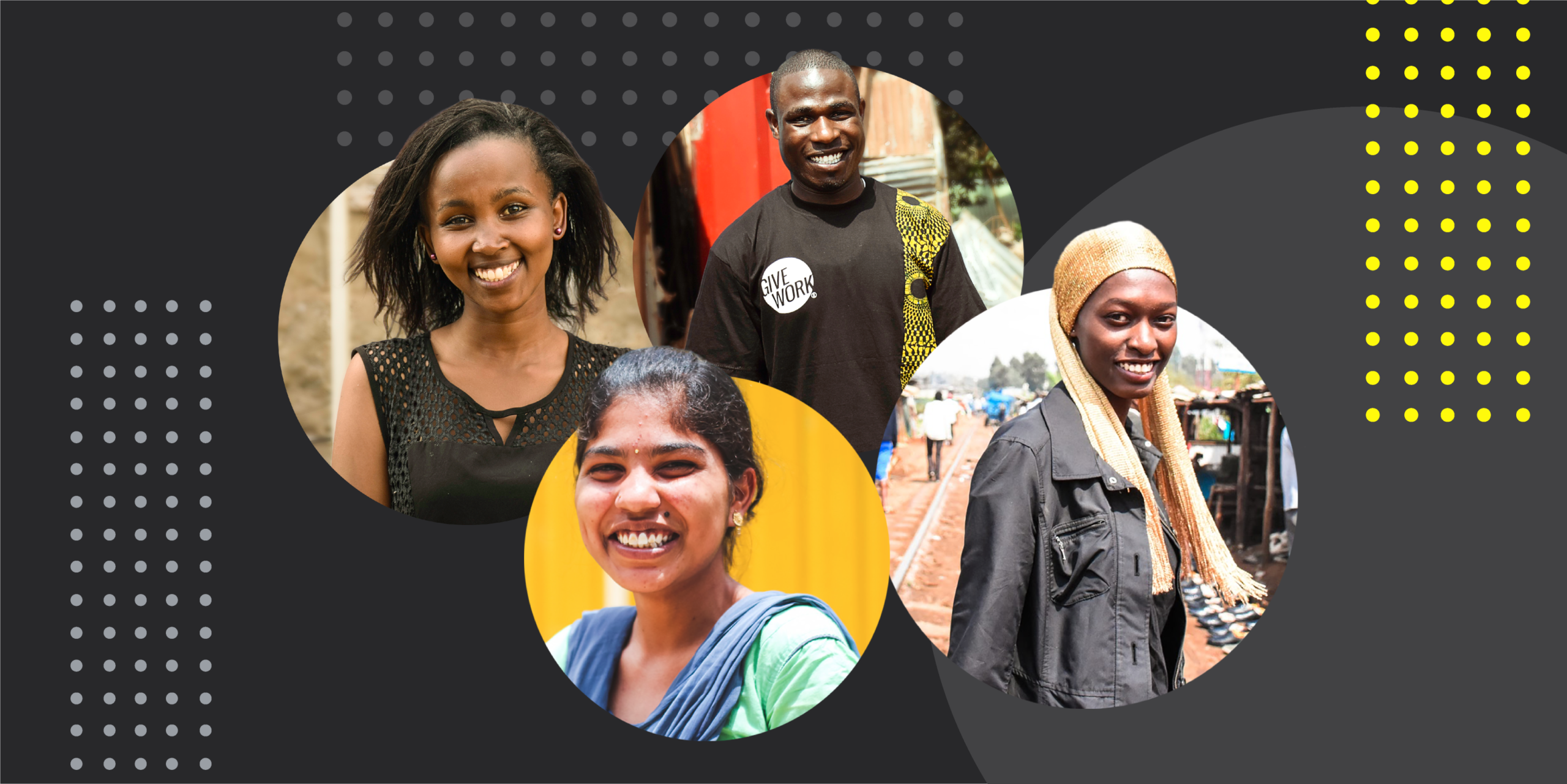This week, researchers at MIT released a white paper evaluating Sama's impact through a three-year Randomized Controlled Trial study. Here are their findings.


I am excited to announce that this week, researchers at the Massachusetts Institute of Technology (MIT) released a white paper evaluating our impact through a 3-year Randomized Controlled Trial (RCT) study. On the heels of this achievement, I am reminded of Leila Janah, my dear friend and the late founder of Sama.
Leila’s dream was to conduct an RCT, often referred to as the “gold standard” in research. An RCT is an independent study, in which a third party validates the impact of your social model. We had long known we were creating impact through our own data collection, however, in 2016, we had reached a point where we wanted to have it validated. This led to a joint effort with researchers at MIT, and with Innovations for Poverty Action (IPA), to launch a study from 2017 to 2020 to evaluate the effectiveness of our training and employment programs in creating sustainable pathways out of poverty in Nairobi, Kenya. It studied three groups of individuals from similar socioeconomic backgrounds that were randomly assigned to receive training through Sama (Group 1), or receive training and the opportunity for employment at Sama (Group 2), or receive neither training nor the opportunity for employment (Control Group).
(See IPA’s project summary for an easily digestible explanation of the impact evaluation.)
Over the course of the three-year study, individuals reported their employment status, earnings, and the industry they worked in. They also shared insights about their current and future outlook on aspects ranging from community engagement to health to life satisfaction. The main finding of the study is that individuals who were trained by and had the chance to work at Sama (Group 2) were more likely to experience better outcomes than other groups. By the end of the study, average earnings for individuals in Group 2 were almost 40% higher than those in the Control Group, and unemployment rates were 10% lower. Training and the opportunity to work at Sama had an even greater impact on women. Average earnings for women in Group 2 were 60% higher than women in the Control Group.The findings reinforce what our internal research has long shown: that our impact hiring model has a positive and meaningful effect on long-term employment rates and earnings. To have MIT validate our model proves that business can be a force for social good. And while it takes conviction to run a purposeful hiring model, we are driving an ethical supply chain that meaningfully improves employment and income outcomes for those with the greatest barriers to work.
It is my hope that these findings will contribute to larger sustainable development discussions across the public and private sector and in particular will drive corporations who spent trillions each year on their supply chain to utilize impact criteria as part of their decision-making process. Think of the impact we can drive then.
RCT Authors: David Atkin (MIT), Antoinette Schoar (MIT Sloan), Kiara Wahnschafft (MIT)

Lorem ipsum dolot amet sit connsectitur

This is the first comprehensive report on Sama’s impact since we transitioned to a private entity in 2018. It is also the first report in our 15 year history that shares our expanded vision on how we create a positive impact for our team members, communities, customers, and the planet.